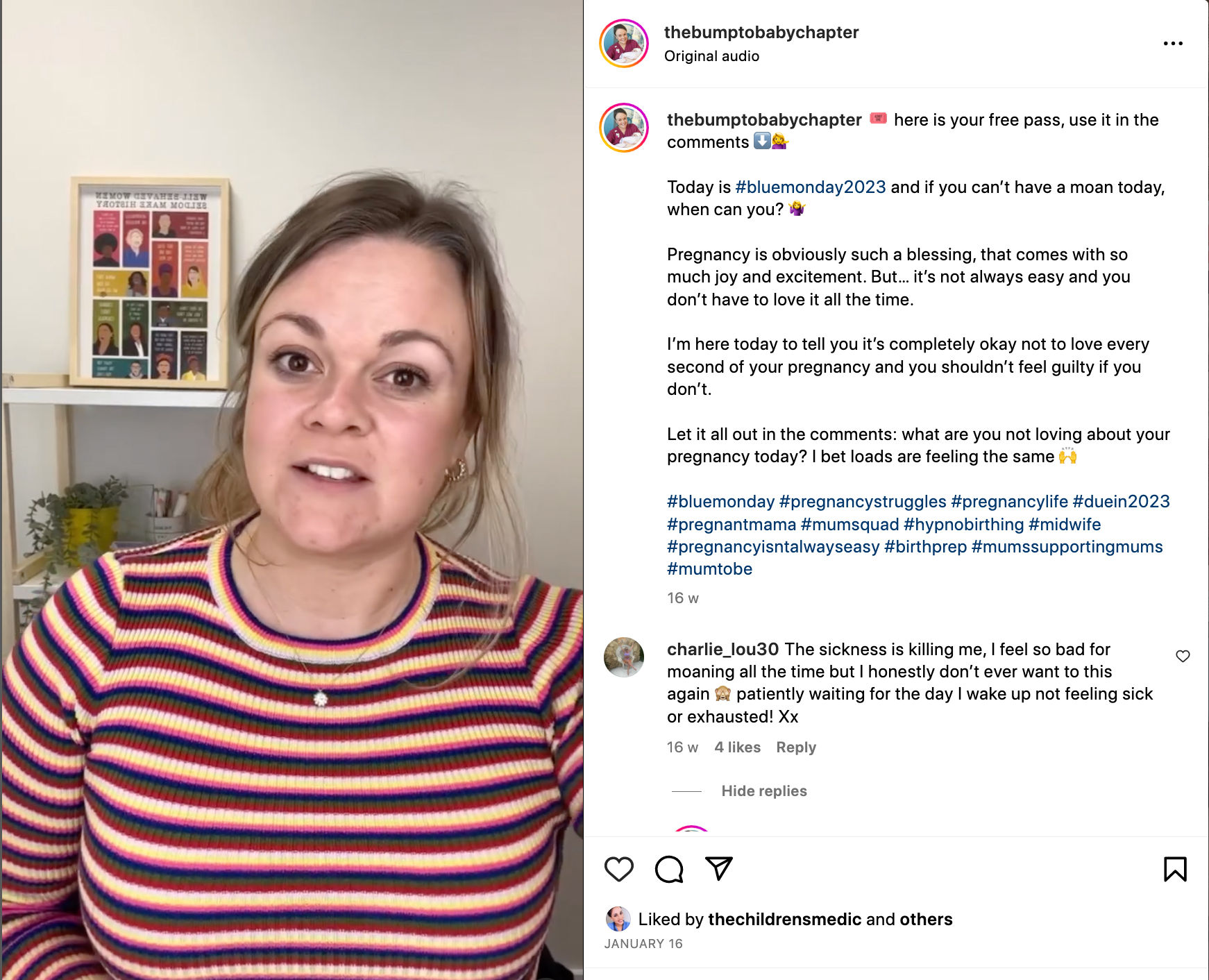Use arrow keys to navigate through the menu items. Use Tab key to navigate through the menu banners.
Pregnancy Tiredness

Pregnancy Tiredness
Our expert’s tips will help boost your flagging energy levels at any stage of pregnancy
Everyone’s pregnancy is different. Some women get morning sickness, others avoid it completely. Some get strange food cravings, others don’t. But the one symptom that floors most mums-to-be at some point in their pregnancy is tiredness.
Ranging from light fatigue to full-blown exhaustion, it can kick in at the very start or suddenly strike in your third trimester. It can even last for the whole nine months.
The good news is, it’s normal to feel tired when you’re pregnant. Some say it even helps prepare you for all those sleepless nights once your baby arrives. But if you’re totally shattered and wondering if you’ll ever get your energy levels back, the expert advice from midwife, and mum of four, Beth Kitt should help. Beth is founder of The Bump to Baby Chapter antenatal and hypnobirthing online courses and knows all about pregnancy tiredness.
Why are you so tired?
The first thing to remember is you’re growing a baby, which is hard work. ‘During the first trimester, your body needs every shred of energy to develop a tiny cell into an actual human,’ says Beth. ‘High levels of pregnancy hormones are also responsible for tiredness in the early stages.’ Morning sickness or round-the-clock nausea will add to feelings of fatigue.
‘Many women can enjoy a burst of energy in their second trimester as hormones settle down a bit, but it may not last long,’ says Beth.
‘In your third trimester, you’re physically heavier due to your growing bump. As well as carrying extra weight around with you, it can also be difficult to sleep if you’re uncomfortable or not used to sleeping on your side, which is recommended after 28 weeks. Other symptoms like heartburn, indigestion or due-date nerves can also keep you awake at night. And because your blood volume increases to accommodate your growing placenta and baby, your heart is working harder to pump blood around your body, resulting in physical tiredness,’ she adds.
As well as pregnancy symptoms making you tired, having a toddler or other young children can also zap your energy, especially if you’re up through the night with them.

When to take tiredness seriously
Extreme tiredness during pregnancy can be a sign of something called anaemia, a condition caused by lack of iron (found in leafy veg, red meat, pulses and apricots).
‘Your midwife will offer you a blood test at your booking appointment as well as at 28 weeks to check your iron levels,’ says Beth.
If your levels are low you’ll need to take daily iron tablets. These won’t harm the baby and will help prevent complications before and after the birth. If you’re concerned about your tiredness, or have other symptoms such as dizziness or heart palpitations, speak to your midwife or GP.
‘I had a dizzy spell during my third trimester and my GP prescribed a course of iron tablets. I had to take them daily with orange juice as they work best with vitamin C. They really helped. I also ate more leafy green veg like spinach and broccoli, just to make sure my iron levels stayed up,’ says Lara Williams, mum to Bella, three months.
How to fight tiredness and find energy
-
Make time for me-time: This is easier said than done if you have other children, but when you’re tired during pregnancy it’s often your body telling you to slow down a bit. ‘A walk outside can help you feel more awake if you have little ones around in the day and going to bed earlier can really help,’ says Beth.
-
Eat well: What you eat can make a big difference to your energy levels during pregnancy. Although you’re eating for two, you only need to consume an extra 200 calories in your final trimester, which is an extra glass of juice or two pieces of toast. Cravings can make it difficult to avoid carbs, sugar or chocolate but the more fruit, veg, fish and lean meat you can eat – and the less processed and junk food – the more energy you’ll have and the healthier you’ll be in your pregnancy. ‘I took a daily multivitamin for pregnancy to make sure I was getting all the vitamins and minerals I needed, especially in the early days when my morning sickness meant I wasn’t eating as much as I’d have liked,’ says Jade Johnson, mum to Alfie, one month.
-
Wind down: If you’re struggling to sleep at night, why not try a whole new routine to get you to wind down and relax. ‘Don’t look at your phone or read anything about pregnancy just before bed – ideally you want to get away from any anxieties keeping you awake to get a better night’s sleep. Try listening to a hypnobirthing relaxation to switch off your mind before bed,’ says Beth. You can also invest in new pillows that will support your bump and help you sleep better. They’ll be worth every penny.
-
Talk to your midwife: If sleepless nights are getting you down, do talk to your midwife. ‘It’s what we’re here for and you’d be surprised by the number of pregnant women who feel so much better for sharing their worries with us. List any questions or concerns for your next antenatal appointment and we can try to help,’ says Beth.
Help & Customer service
- Help Centre
- How to shop
- Product recalls
Payment Methodslist with 8 items
- Asda Group of Companies
- Modern Slavery Statement
- Electrical Waste Recycling
- Terms & Conditions
- Customer Review Policy
- Privacy Centre
- Cookie Settings
- Accessibility
© ASDA 2025